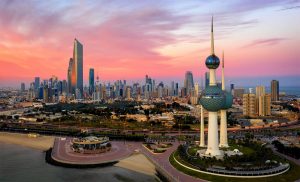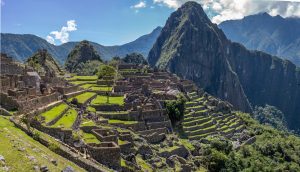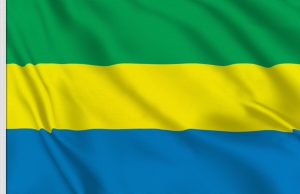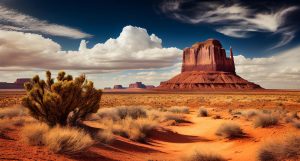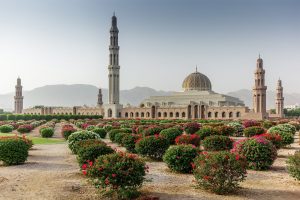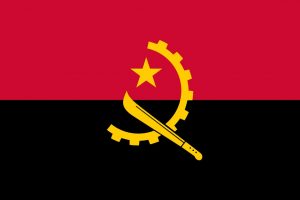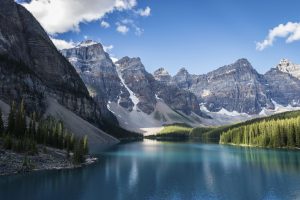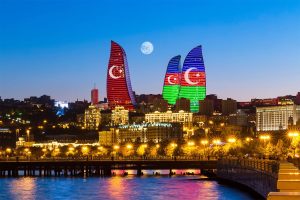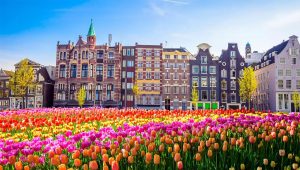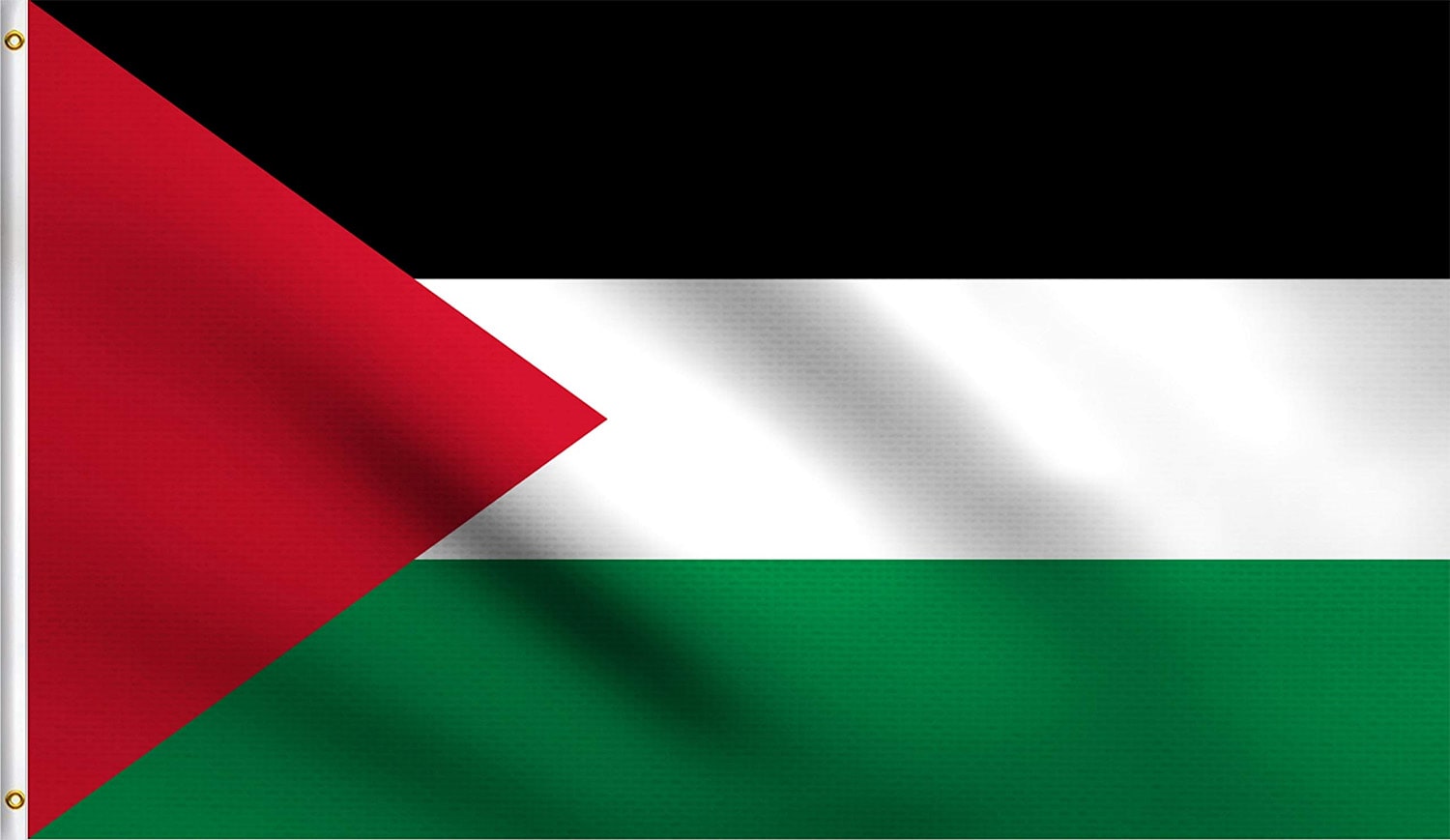
22 interesting facts about Palestine
- 👁️ 2786
Palestine is a region rich in history, culture, and significance for many people around the world. Situated at the crossroads of continents and civilizations, it has been a meeting place of cultures, religions, and empires throughout history. Despite its small geographical size, Palestine has played a large role in the unfolding of historical events and remains at the heart of key political and social discussions today. Its landscapes are as diverse as its history, ranging from the fertile plains of the Jordan Valley to the desert areas of the Negev. Here are 22 interesting and informative facts about Palestine that highlight its historical, cultural, and geographical diversity.
- The name Palestine originates from the word “Philistia,” which refers to the land of the Philistines, an ancient people who settled along the coastal areas of the region.
- Palestine historically refers to a geographical area located between the Mediterranean Sea and the Jordan River, and extending eastward into the desert.
- The city of Jerusalem, a city sacred to Judaism, Christianity, and Islam, is located in Palestine.
- The Dead Sea, the lowest point on the earth’s surface, borders Palestine to the east.
- The region is considered the birthplace of both Christianity and Judaism.
- Palestine was part of the Ottoman Empire for over 400 years, from 1517 until the empire’s dissolution after World War I.
- The famous Church of the Nativity in Bethlehem is one of the oldest continuously operating churches in the world and is believed to be the birthplace of Jesus Christ.
- The Palestine Liberation Organization (PLO) was established in 1964 as a political and paramilitary organization representing the Palestinian people.
- Arabic is the official language of Palestine.
- The Dome of the Rock in Jerusalem is one of the earliest and most recognizable examples of Islamic architecture.
- Palestine is home to several UNESCO World Heritage Sites, including the Old City of Hebron/Al-Khalil and its surroundings.
- Olive trees, some of which are thousands of years old, are a significant symbol of Palestinian identity and economy.
- The West Bank and Gaza Strip are the two main territories identified with modern Palestine, following the 1948 Arab-Israeli War and subsequent conflicts.
- Palestinian cuisine is known for dishes such as hummus, falafel, and maqluba, with olive oil being a staple ingredient.
- The Palestinian keffiyeh, a black and white checkered scarf, has become a symbol of Palestinian nationalism.
- The annual olive harvest is a significant cultural and economic event for many Palestinian families.
- The Gaza Strip, one of the most densely populated areas in the world, has been under blockade since 2007.
- Palestinian embroidery, known as “tatreez,” is a traditional art form that features intricate patterns and is often passed down from generation to generation.
- The population of Palestine is young, with a significant portion under the age of 30.
- The first Palestinian intifada, a grassroots uprising against Israeli control, began in 1987 in the West Bank and Gaza Strip.
- The city of Jericho is one of the oldest continuously inhabited cities in the world.
- The Palestinian Authority, established as part of the Oslo Accords in the early 1990s, currently exercises limited governance in parts of the West Bank.
Palestine’s rich tapestry of history, culture, and struggle is integral to understanding not only the past but also the present geopolitical landscape of the Middle East. Despite facing significant challenges, including political unrest and economic difficulties, the Palestinian people continue to preserve their heritage and aspire for a peaceful and prosperous future. The enduring spirit of Palestine and its people serves as a reminder of the importance of dialogue, understanding, and cooperation in the pursuit of lasting peace and stability in the region.
